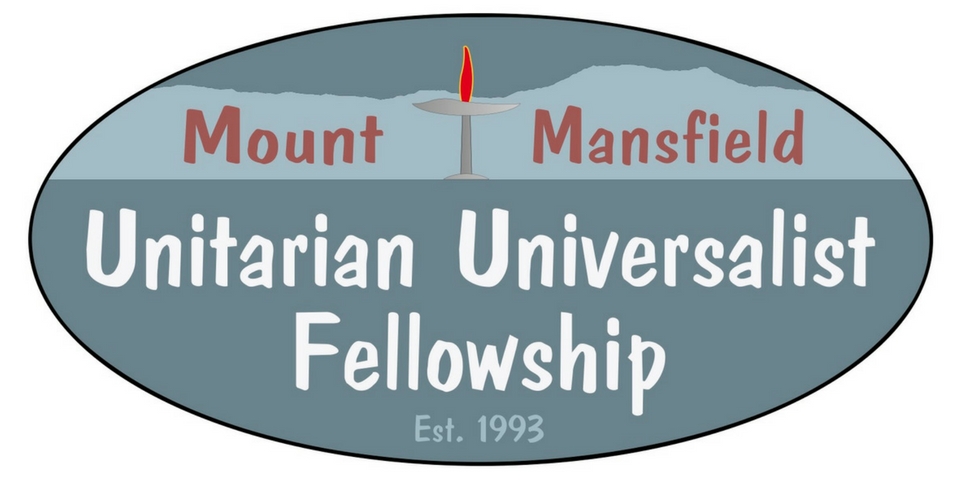The Sixth Principle: Are we there yet?
The Unitarian Universalist Association has seven principles that reflect our UU identity. They are not a creed that all must believe in order to claim to be UU. But they are a covenant that claims us as UU. They are not beliefs that define the limits of our thinking. They are behaviors that describe the outline of our actions. What does that mean for the sixth principle?
Woullard Lett joined the New England Region UUA as Acting Regional Lead on May 1, 2018. Woullard is a long-time member and lay leader at the Unitarian Universalist Church in Manchester, NH and board member of Unitarian Universalists for a Just Economic Community.
In the past, Woullard worked professionally as a nonprofit and community development consultant, and was a senior college administrator for Southern New Hampshire University (SNHU) and adjunct faculty member for SNHU and Springfield College. During his career, Woullard has provided technical assistance for government agencies, national community development intermediaries, and local community organizations.
Woullard’s volunteer leadership in national and local community organizations includes roles in the National Association for the Advancement of Colored People-Manchester, NH (NAACP), Haymarket Peoples Foundation, National Coalition of Blacks for Reparations in America (N’COBRA), New Hampshire Health and Equity Partnership and the Ujima Collective.
Services are being held in person and virtually via Zoom. For more information on joining us on Zoom, please email info@mmuuf.org. Masks are welcome but not required.
